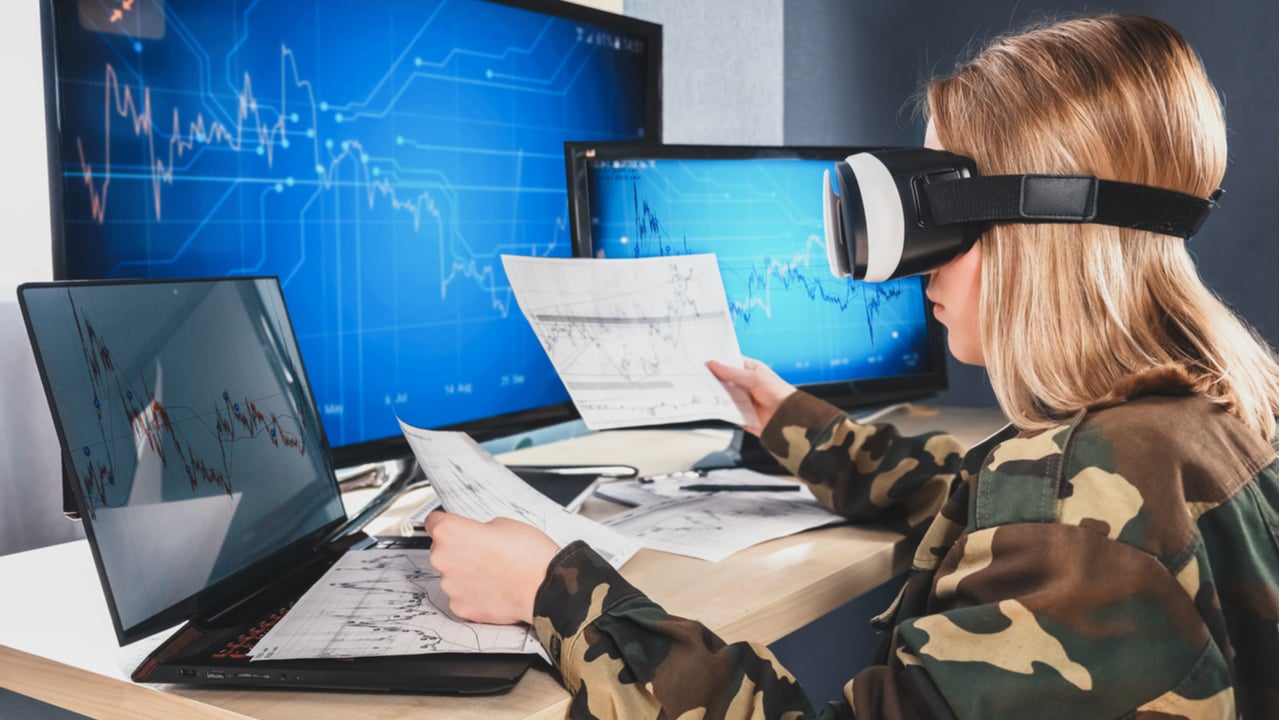
A study released earlier this month has found that working in the metaverse with the tools available today might decrease the productivity of employees, and also increase their frustration and anxiety related to remote work. 11% of the participants in the study felt so much discomfort that they could not complete even a day in the study, leaving their tasks incomplete.
Metaverse Needs Upgrades to Support Remote Work
Companies and individuals are betting that the metaverse, an alternate digital representation of our world, will have an important role in the future of work, allowing people to complete tasks remotely. However, a recent study made by researchers of Coburg University, the University of Cambridge, the University of Primorska, and Microsoft Research, paints a different picture of the issue.
The report, titled “Quantifying the Effects of Working in VR for One Week,” compared the performance of 16 different workers developing their tasks in a normal environment and in a common metaverse setup during a 40-hour work week. The results were mostly negative, hinting at the possibility that today’s metaverse could still be too limited to support work-based applications.
According to the study, people reported negative results by using the metaverse setup, experiencing 42% more frustration, 11% more anxiety, and almost 50% more eye strain when compared to their normal work setup. Furthermore, the subjects also said they felt less productive overall.
Also, 11% of the participants were unable to complete even a day of the work experiments, due to several factors including migraines associated with the VR setup and lack of comfort when using it.
Remote Work Links
Metaverse tech is currently linked to gaming and entertainment technologies, but one of the important future applications of this industry is believed to be enabling remote work. In a recent study made by Globant, an Argentinian software company, 69% of the surveyed stated that metaverse tech will play a crucial role in that application.
However, the results of the study show that today’s tech will make that task difficult. But not all is negative: the study also found that participants were able to overcome the limitations of the metaverse tech and the initial discomfort as the study carried on, with the team behind the study calling for more investigation related to the effects of longer-term productive work in VR setups in the future.
What do you think about the latest productivity-related metaverse study? Tell us in the comments section below.








